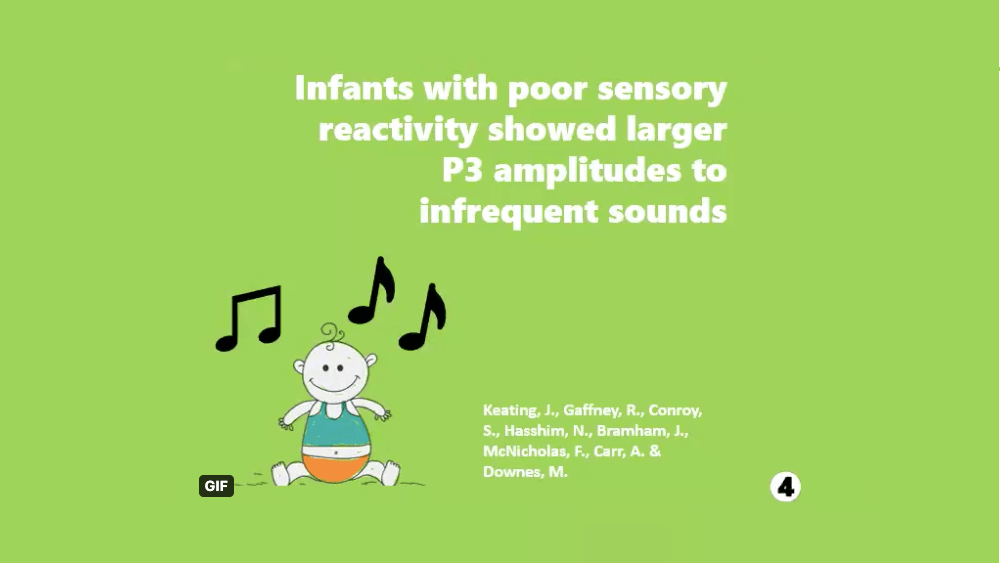
Graduate students at the University College Dublin School of Psychology organized the “Rolling Twitter Conference” in which participants were encouraged to convert their research into Twitter threads with GIFs as their posters.
Before 2020, poster sessions at scientific meetings seemed almost impervious to change. Sure, some associations had begun adding digital poster options to their events, but, for the most part, the basic model of poster sessions had stayed intact for decades: Presenters distilled their research down to a standard five-foot-wide poster and participants gathered around them to talk, sometimes holding plastic cups of wine.
Traditional poster sessions may have changed so little because they worked so well — the interaction was the point. But as scientific meetings have shifted post-pandemic to digital platforms, there’s been a flurry of experimentation, both in ways retaining interaction between researchers and making the most of the digital platforms.
One example: The “Rolling Twitter Conference,” which was organized in May by graduate students at the University College Dublin (UCD) School of Psychology as the virtual UCD Psychology Graduate Impact Festival of Science. Participants were encouraged to simplify and convert their research into Twitter threads, which they posted with the hashtag #GifsfromYourGaffs. The social media hashtag was so popular, it was trending in Ireland, sandwiched between a tweet about Meghan Markle and Prince Harry’s wedding anniversary and the news that President Trump was taking hydroxychloroquine.
Graduate students at UCD repeated and expanded the strategy later in the year, challenging researchers to use nontraditional ways to disseminate their research, include videos, TikToks, poems, and memes, and sharing them on social media, using the #BittaCAKE hashtag — CAKE stands for Creative Alternative Knowledge Exchange.
“We wanted to create a space where early career researchers could get involved and be creative with knowledge transfer,” the organizer, Alison Stapleton, said in a paper she published in The Irish Psychologist. “Although I had developed formal research proposals before, this was the first time I engaged with a wide network of people I knew online … to let them know in plain English what my project entails,” said participant Neil Mac. “At a time when we are all working from home, events like this are fantastic for maintaining community spirit.”
Barbara Palmer is deputy editor of Convene.
It was a lot of fun (and a bit of a challenge) to explain one of my research questions as a GIF for the Graduate Impact of Science Festival @UCDPsychology! @UCDBabylab 👶🧠#GIFsFromYourGaff #ScienceFromHome pic.twitter.com/lqIxufOPHg
— Jen Keating (@jenkeatss) May 20, 2020
